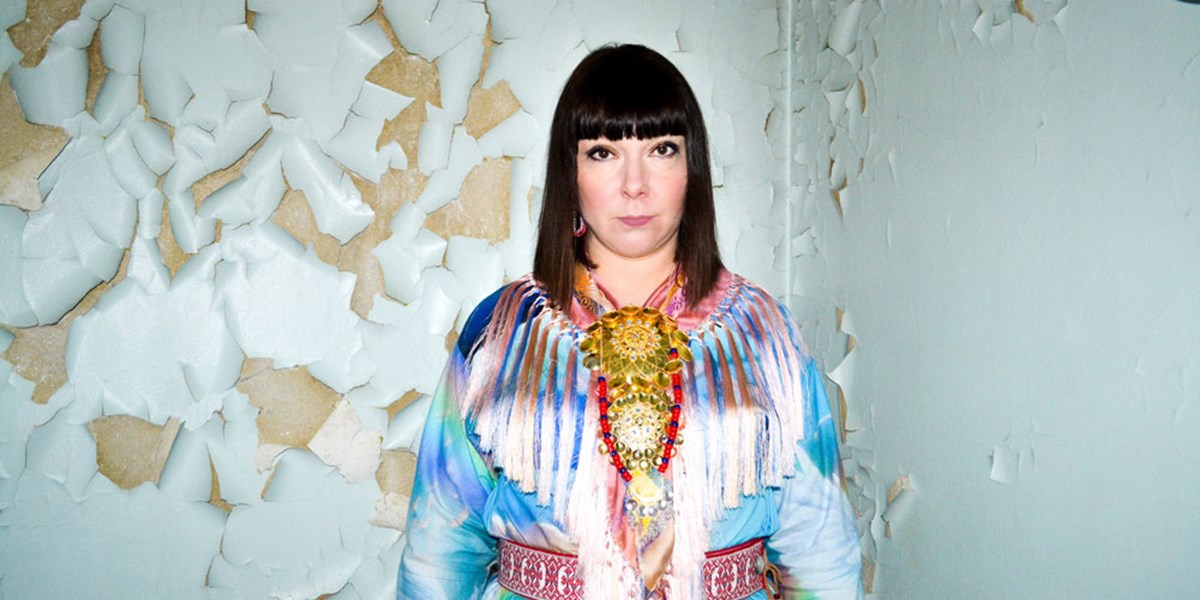Wednesday, June 16, 2021
Introducing... Ánnámáret
The Sámi singer and educator speaks to Simon Broughton about her latest release and the importance of breathing new life into the joik tradition

Ánnámáret (photo: Karoliina Juhola)

Register now to continue reading

Thanks for visiting the Songlines website, your guide to an extraordinary world of music and culture. Sign up for a free account now to enjoy:
- Free access to 2 subscriber-only articles and album reviews every month
- Unlimited access to our news and awards pages
- Our regular email newsletters

